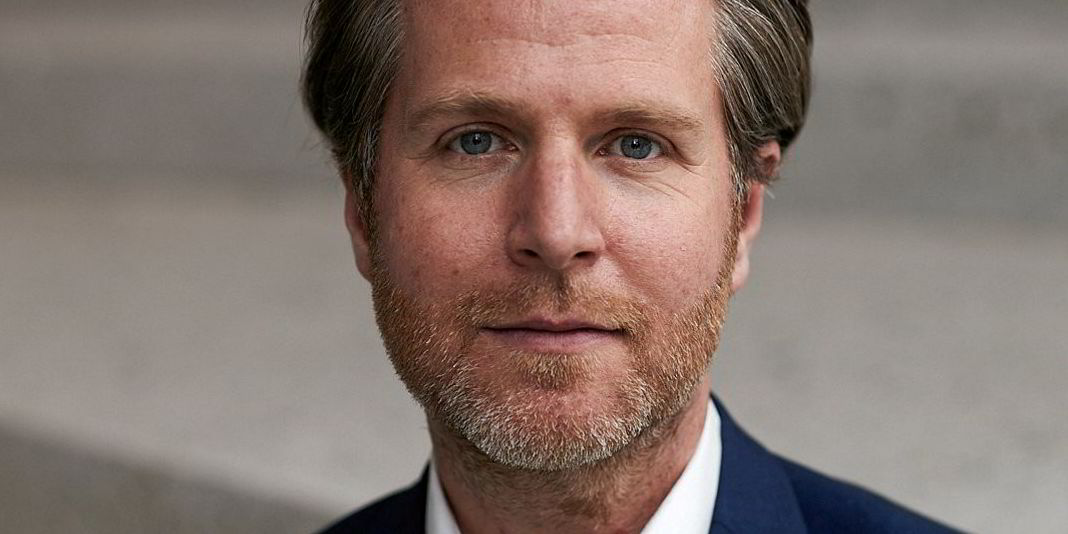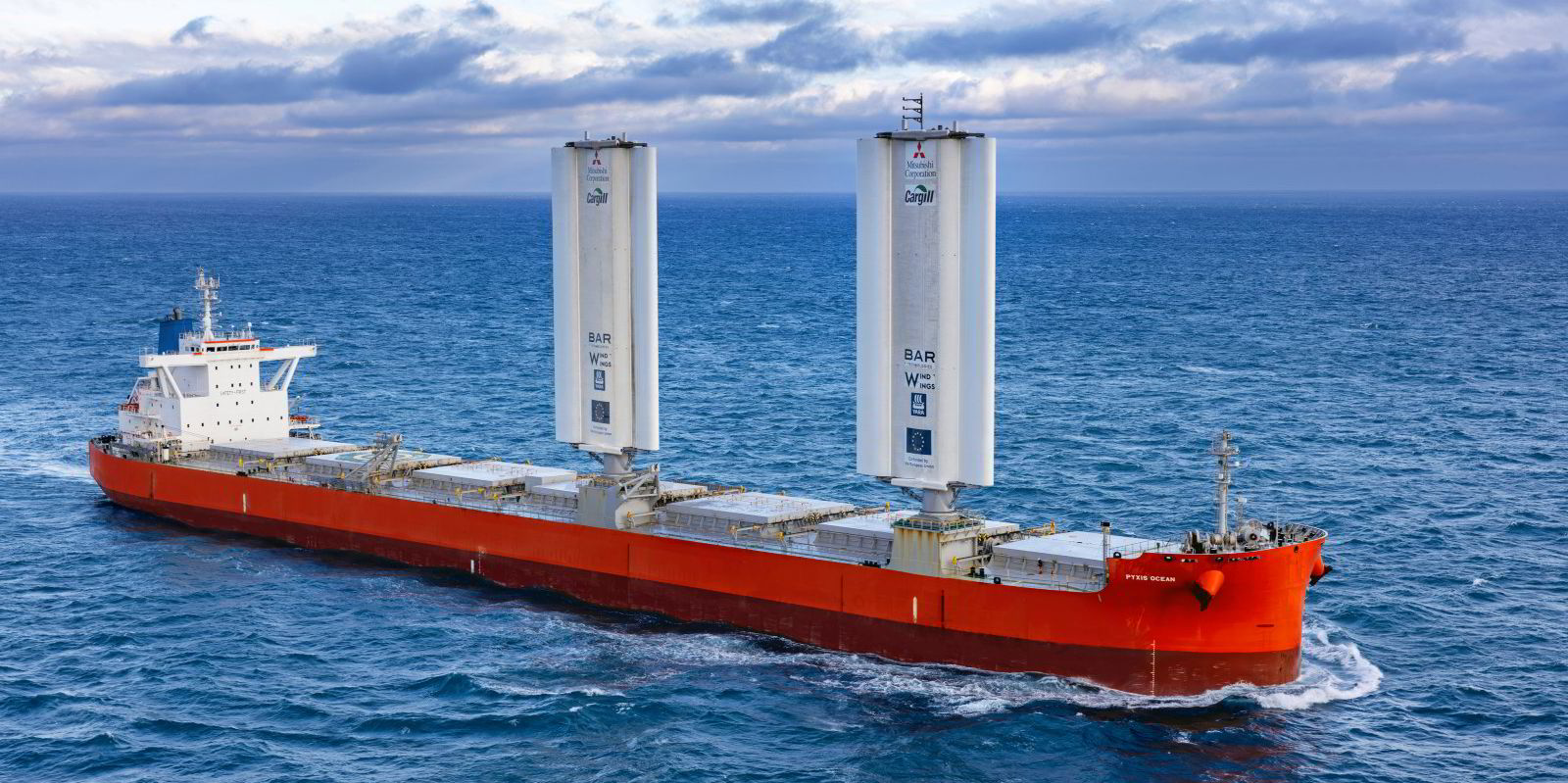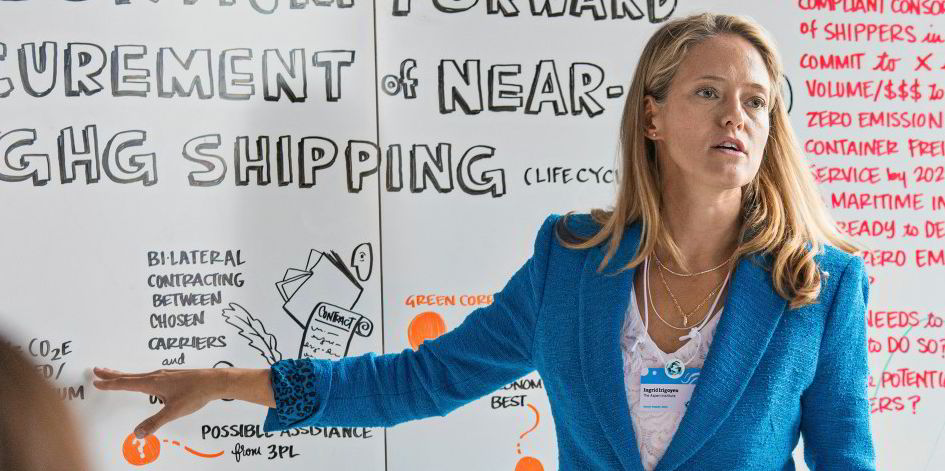Cargo owners are increasingly willing to consider paying a premium for green shipping options but their appetite to pay higher freight prices remains far below the level to fund the industry’s rapid decarbonisation.
Yet despite shipping struggling to convert commitments into action, shipowners and operators can grab a share of what are expected to be huge future revenues in green shipping by actively developing untapped demand and moving early.
Those are key findings from the latest shipping decarbonisation survey conducted by global business consultancy giant BCG.
“Long-term success will not come easily, of course,” said the report’s lead author, Peter Jameson, a BCG managing director and partner in Copenhagen.
“It calls for bold, early-mover leadership. But by acting decisively, shipping pacesetters can make great progress in steering their industry and the greater business community toward a truly net zero future.”
In its third annual survey of shipping customers’ willingness to pay for green transportation, BCG found over 80% of supply chain directors and logistics buyers were prepared to pay a premium.
But the average premium was only 4% compared with a premium of 10% to 15% earlier studies have shown would be needed to achieve complete decarbonisation.
In the first two years of the study, the survey of around 125 freight professionals saw the size of a palatable premium rise from 2% to 3%.
Fellow report author, BCG’s Laurids Schack, said that while the rise was positive, the rate of increase was too slow to fund widespread decarbonisation.
“Among our principal findings is that the shipping industry is still struggling to convert commitments into measurable actions,” the report said.
A survey of over 600 oil and gas executives by Bain & Co published this week showed they are pushing back their expectations of the date the world will reach net zero carbon emissions. Energy major Shell this week said its carbon reductions would be slower than previously planned as it expands its gas business.
Jameson said he perceived a rapid acceleration in engagement with decarbonisation strategies over the past six months following the breakthrough agreement at the International Maritime Organization towards clear decarbonisation rules and implementation of the European Union’s Emissions Trading System for shipping.
Nevertheless, there remained three major barriers impeding green shipping: slow alternative fuel production; shifting regulatory requirements; and a budget gap between the ambition of cargo owners to cut emissions and their budget to deliver it.
“Although more than 60% of our survey respondents have committed to reducing Scope 3 shipping emissions — those for which a carrier is indirectly responsible throughout its value chain but does not generate itself — less than half report having an adequate budget to achieve their targets.
“Clearly, the gap between admirable ambitions and required financial resources is still fairly wide,” the report said.
‘Crucial phase’
Jameson said the real challenge today lies in converting these commitments into concrete actions. “We know there will be huge revenue creation in green shipping in the coming years, and huge revenue destruction,” he added, so owners and operators need to take the initiative now.
“In this crucial phase, the cargo carriers cannot wait for optimal regulations to take shape or for customers to take the lead. They must proactively identify and seize opportunities for growth in green shipping,” the report suggested.
The business case for owners and operators should be to capture untapped pockets of willingness to pay for green shipping and to move early.
Initiatives Jameson and his fellow authors suggest adopting include focusing on customers who are interested in paying a premium for green shipping, adopting a “nuanced” pricing policy to progressively draw in those who are more reluctant, developing diverse and likely new digital sales channels, and collaborating across the freight value chain.
Collaboration could be a powerful driver, with the survey finding 31% of cargo owners definitely willing to join buyers’ clubs for green fuels, and a further 41% considering it.
“The creation of the Zero Emission Maritime Buyers Alliance, a coalition established to fast-track commercial deployment of zero-emission shipping, highlights the power of bundling demand to spur supply,” the report found.
Traceability and trust
Cost sharing between participants could also be important, as are new alternative funding mechanisms to mitigate fuel offtake risks.
Improving trust through increased transparency will be vital to bring participants together, with about 40% of stakeholders viewing the lack of traceability and trust in emissions reductions as a major investment barrier in green shipping.
“Transparency in emissions and costs is crucial to strengthening market confidence and upholding commitments to green practices,” the report found.
BCG, originally known as Boston Consulting Group, has 30,000 employees in 50 countries and an annual turnover of $11.7bn.







